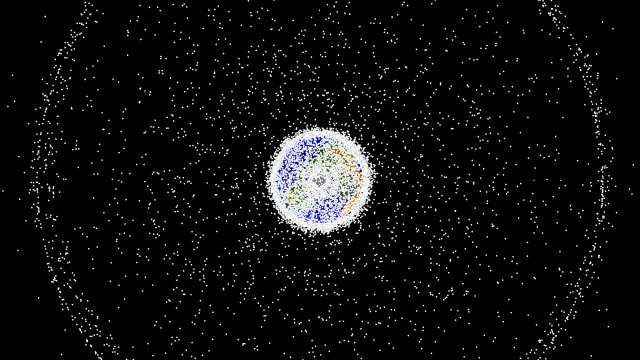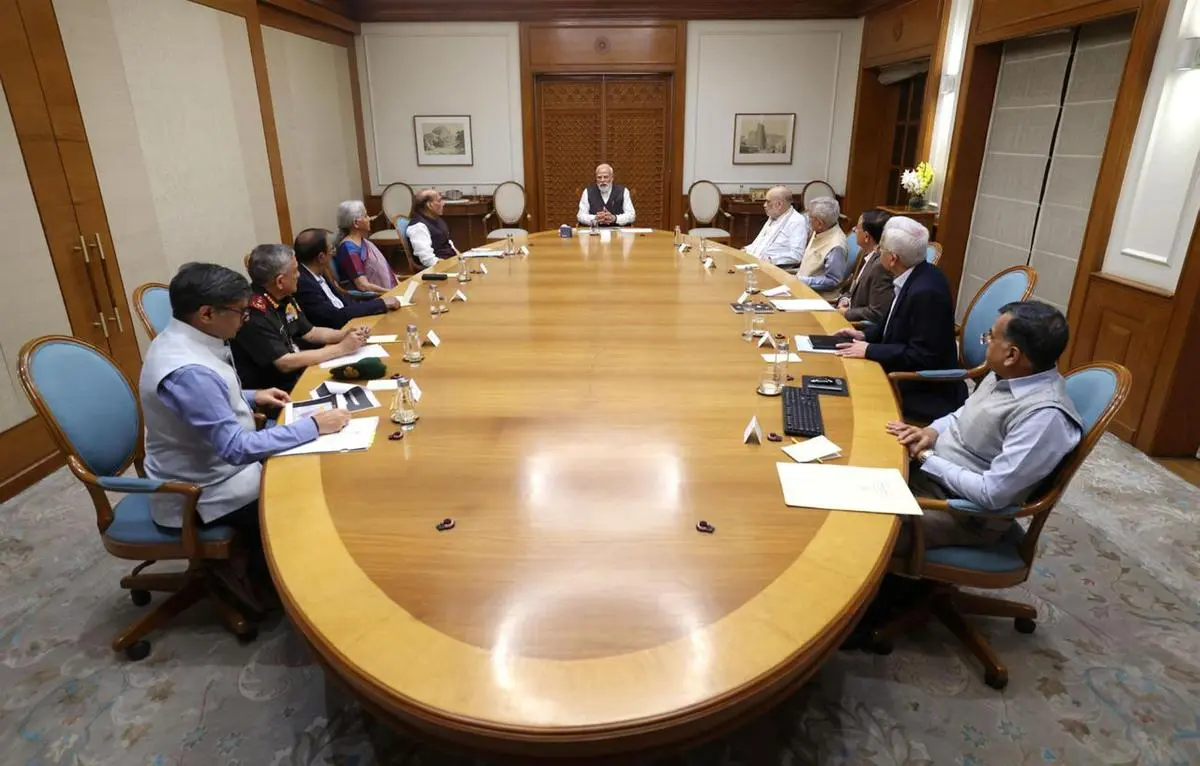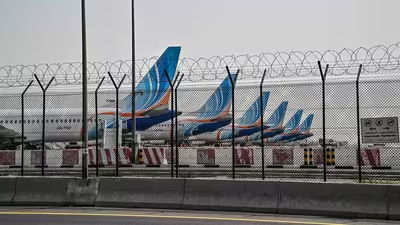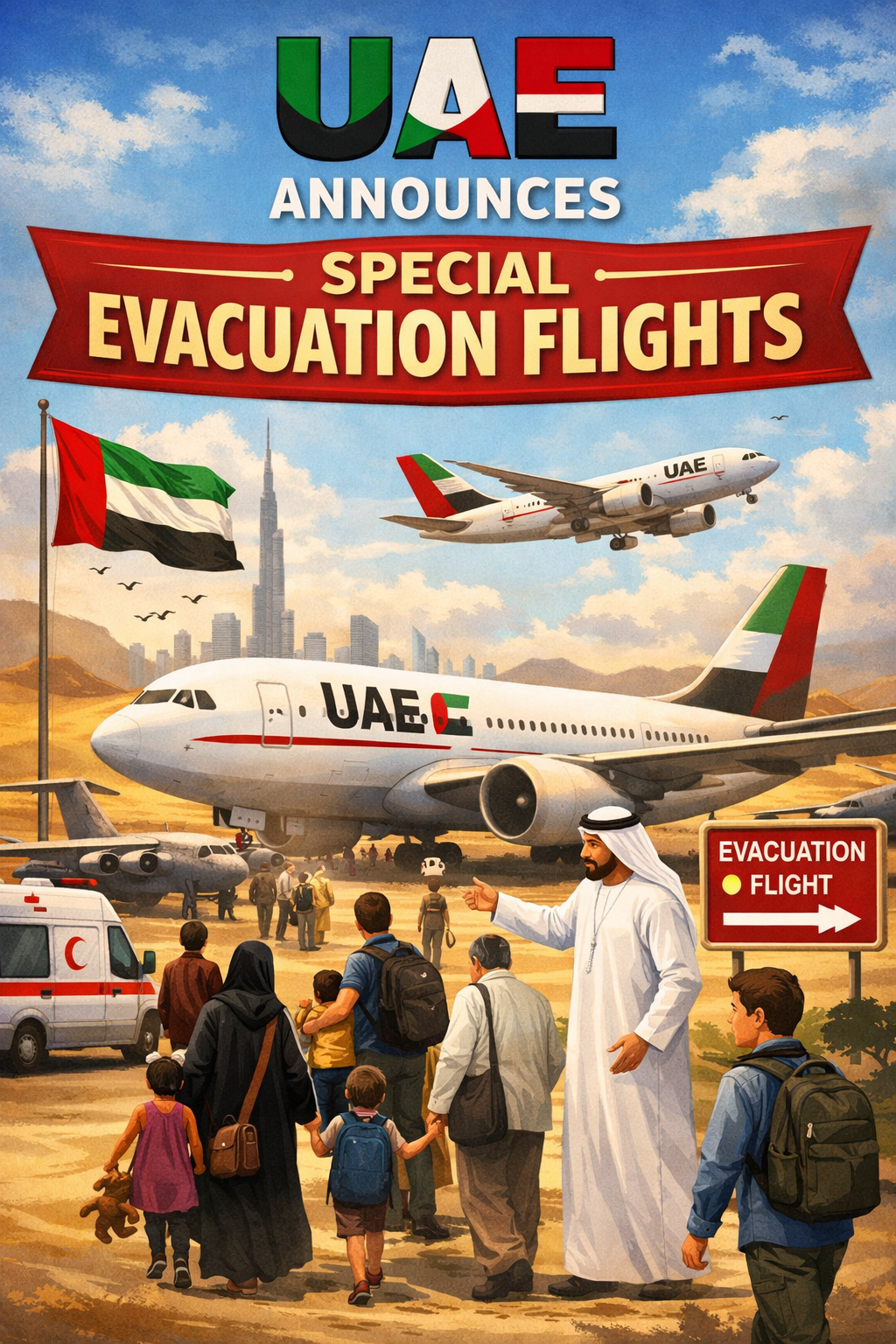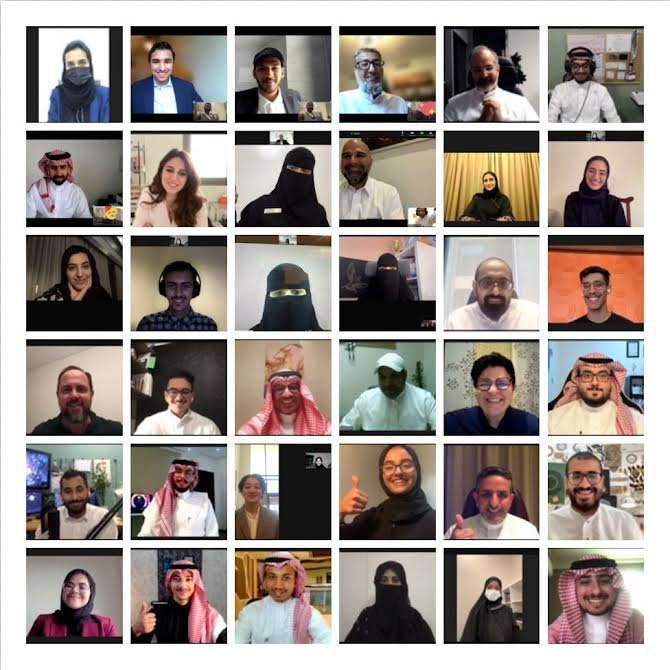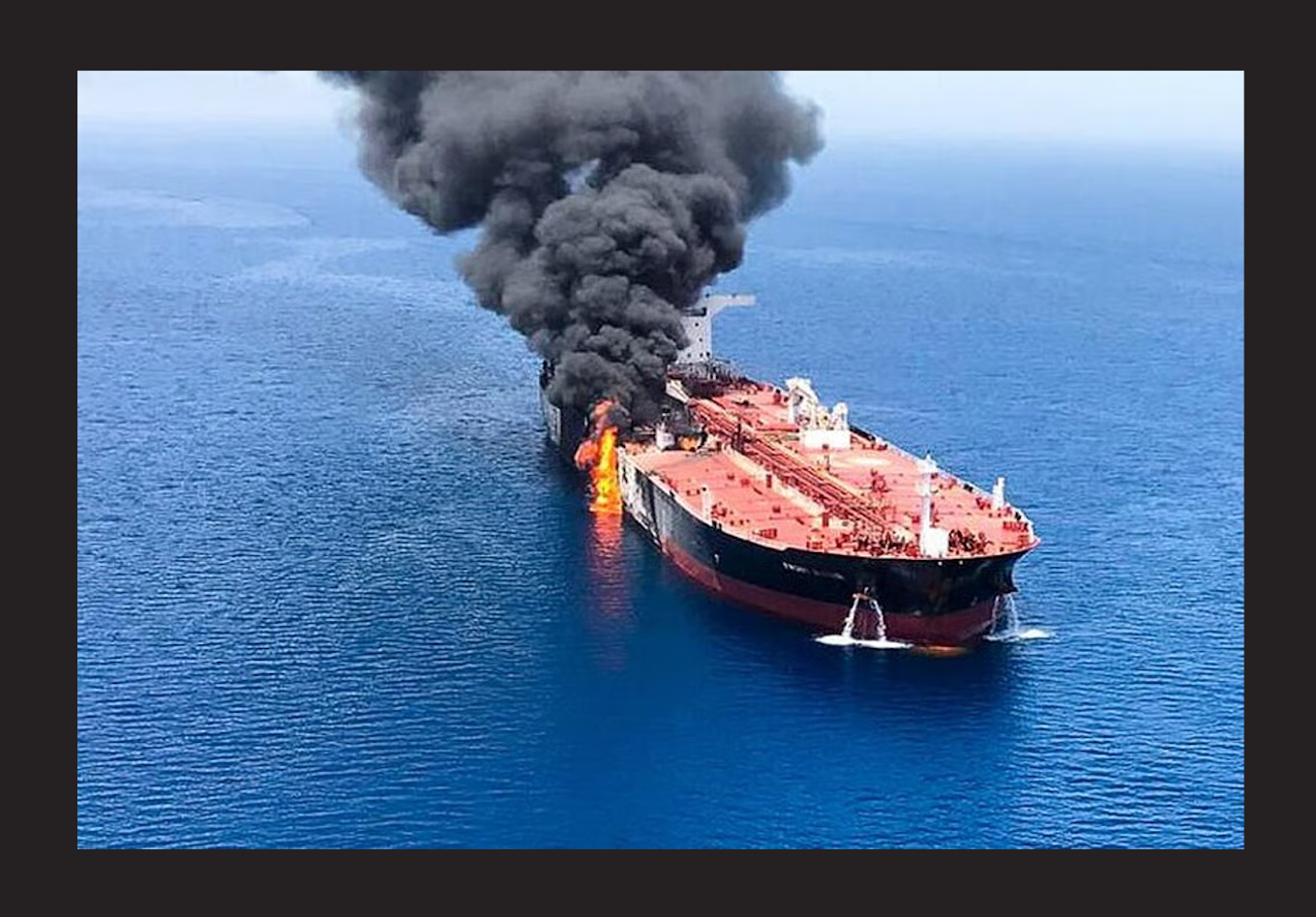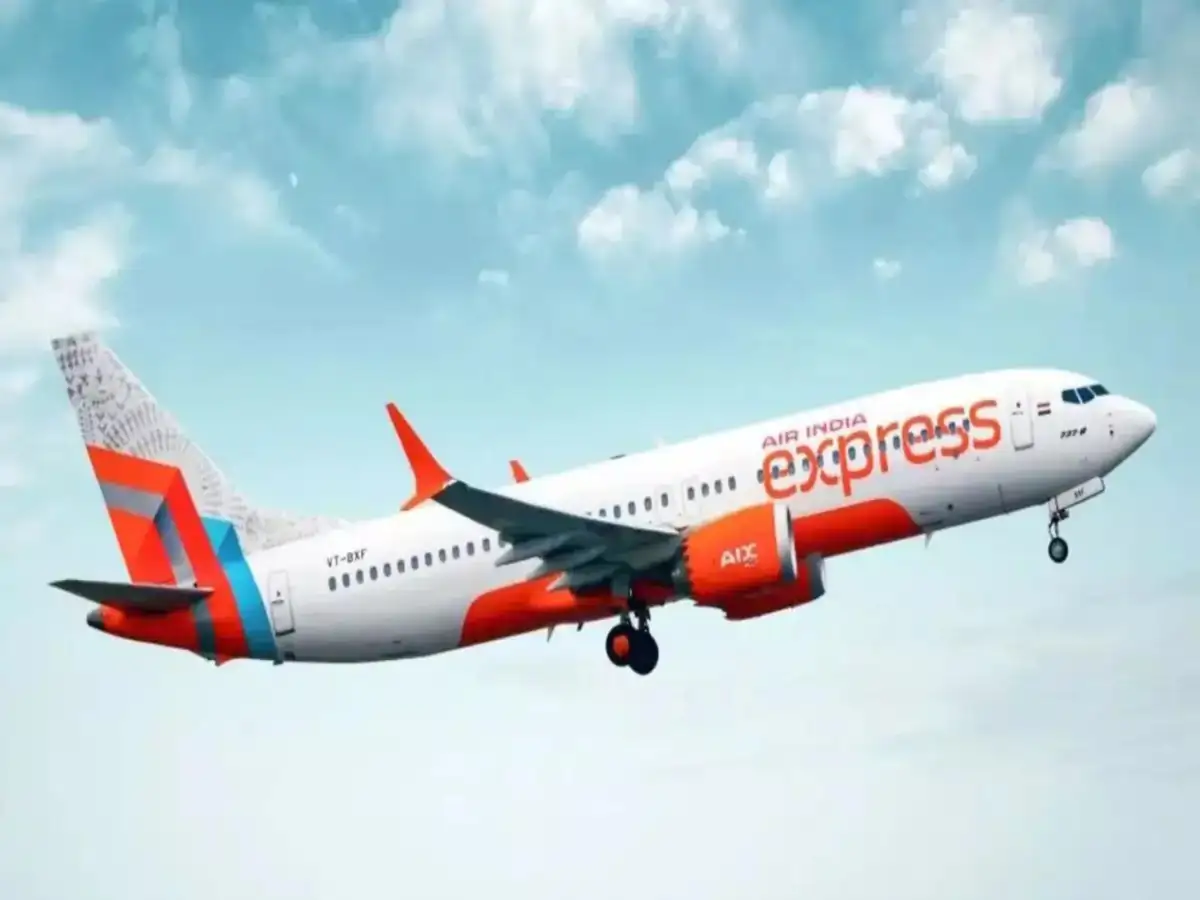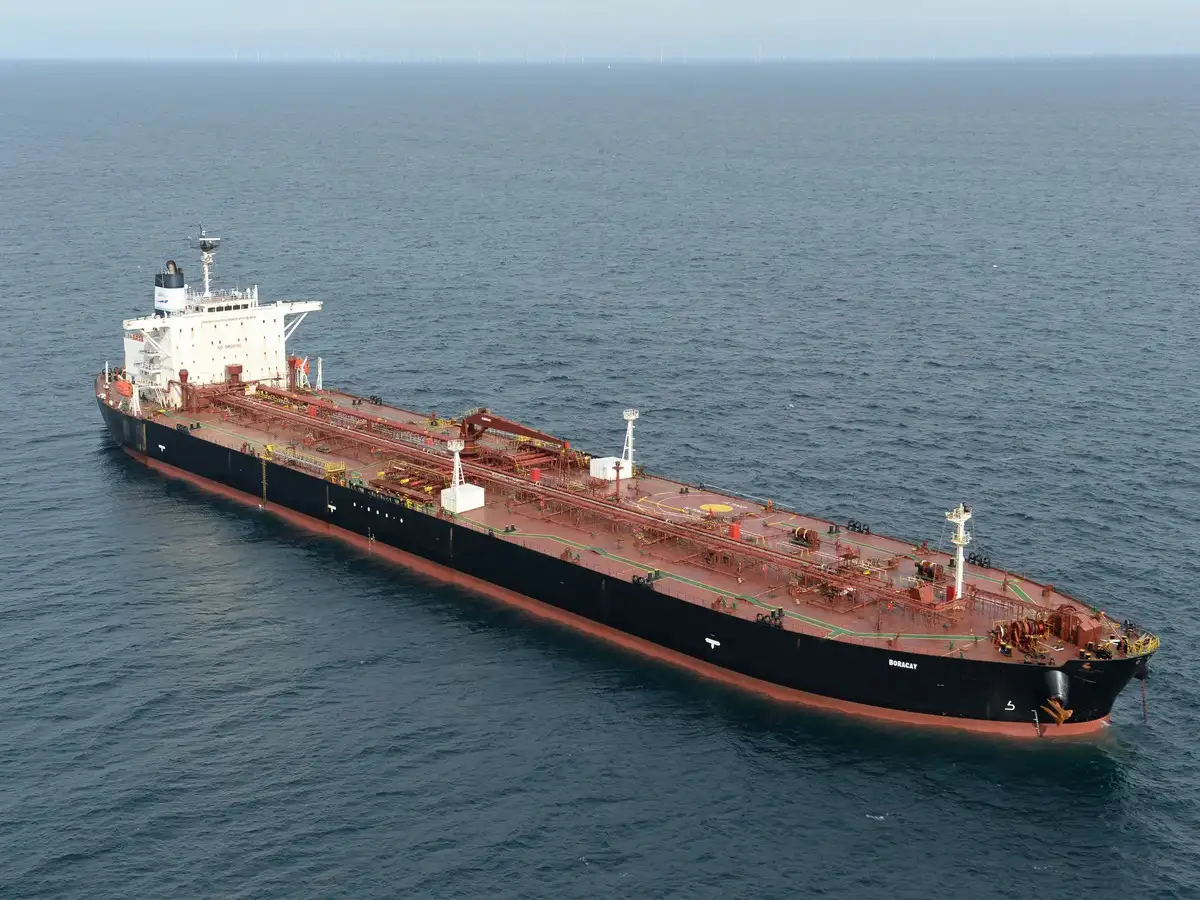Since 1957, 11,000 satellites have been launched into space, averaging 169 every year but that number is set to increase with the report indicating that up to 70,000 more satellites could enter orbit in the coming decades – several thousand every year
PRAVASISAMWAD.COM
DUBAI (UAE)
The 2022 Global Risks Report, recently published by the World Economic Forum in in collaboration with Marsh, the region’s leading insurance broker and risk advisor, has found that the increasing proliferation of ever-more-affordable low-earth-orbit satellites present national governments with historical opportunities – and some worrying challenges.
April 12, 2022 marked the 5th anniversary of the launch of the National Space Programme by Sheikh Mohammed bin Rashid Al Maktoum, Vice President and Prime Minister of the UAE and Ruler of Dubai. The UAE is rightly proud of its efforts to embrace the challenges of space exploration and a number of significant milestones have been achieved during these five short years, including the successful deployment of the first entirely Emirati-made satellite – KhalifaSat – in 2018.
Since 1957, 11,000 satellites have been launched into space, averaging 169 every year but that number is set to increase with the report indicating that up to 70,000 more satellites could enter orbit in the coming decades – several thousand every year. This growth is fueled by scientific progress and the commercialization of space, which is bringing down prices. Smaller, low-cost satellites are now increasing because of lower technology costs and fewer regulatory barriers to entry.
Low-earth orbit (LEO) satellites are cheaper and offer a new way to provide ‘digital air’ connectivity to remote and frequently impoverished communities. The benefits of closing this digital divide are admirable and include financial inclusion and better access to education and healthcare services.
A rise in the number of satellites increases the opportunity for collisions and consequently a need for national governments and other space stakeholders to engage in dialogue to build emergency measures.
It is estimated that there are around 1 million pieces of debris 1 centimeter or larger in orbit. These already pose a serious threat. Last year a piece of debris caused damage to the International Space Station’s (ISS) robotic arm and in 2007 a Chinese anti-satellite missile test destroyed a weather satellite, which exploded into more than 3,500 pieces of junk
Ayman El Hout, CEO of Marsh UAE, said; “Humanity stands to gain in so many ways from a responsible, collegiate, inclusive and forward-thinking approach to governing space. Yet few effective governance tools have emerged in recent years and there is a pressing need for an authority to govern satellite launches and servicing, space traffic control and common enforcement principles. The UAE can be an advocate for such measures.
“My concern is that without concerted effort to facilitate inclusive growth in space, inequalities in the commercial and geopolitical benefits from space development will only grow. “
Marsh also points out that like other sectors where technology is developing faster than regulation, bringing private sector actors into the agreement process could help ensure that such pacts reflect both commercial and technical realities.
It is estimated that there are around 1 million pieces of debris 1 centimeter or larger in orbit. These already pose a serious threat. Last year a piece of debris caused damage to the International Space Station’s (ISS) robotic arm and in 2007 a Chinese anti-satellite missile test destroyed a weather satellite, which exploded into more than 3,500 pieces of junk. Most of the debris is still orbiting, and in November 2021, a part narrowly missed the ISS – but only after a Russian supply spacecraft docked and raised its orbit to avoid the collision.
The World Economic Forum Global Risks Report is produced in collaboration with Marsh McLennan and captures the concerns of more than 150 senior business leaders in the region from across 18 industries.
********************************************************************
Readers
These are extraordinary times. All of us have to rely on high-impact, trustworthy journalism. And this is especially true of the Indian Diaspora. Members of the Indian community overseas cannot be fed with inaccurate news.
Pravasi Samwad is a venture that has no shareholders. It is the result of an impassioned initiative of a handful of Indian journalists spread around the world. We have taken the small step forward with the pledge to provide news with accuracy, free from political and commercial influence. Our aim is to keep you, our readers, informed about developments at ‘home’ and across the world that affect you.
Please help us to keep our journalism independent and free.
In these difficult times, to run a news website requires finances. While every contribution, big or small, will makes a difference, we request our readers to put us in touch with advertisers worldwide. It will be a great help.
For more information: pravasisamwad00@gmail.com

